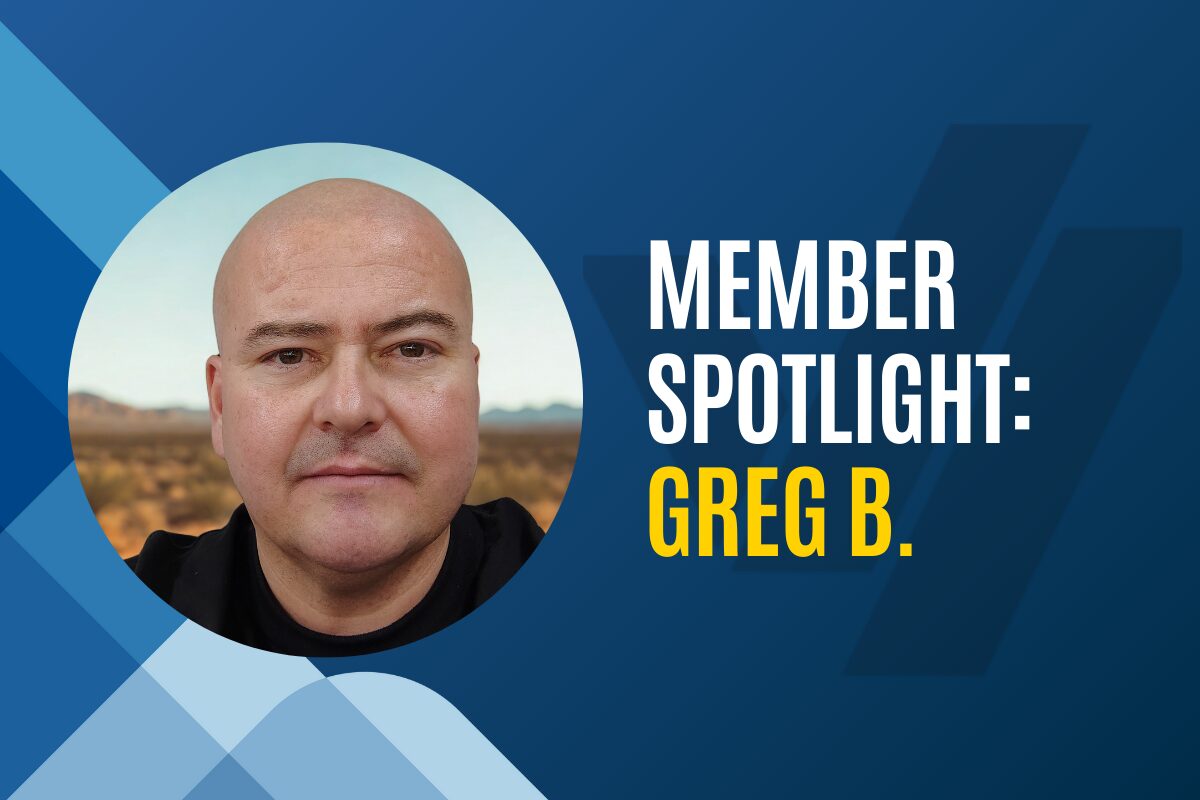Seven decades ago, Auden penned the phrase, “An Age of Anxiety” in a poem of the same name. His insight spoke to a plight of the human condition, a suffering of angst born out of world wars and a cultural shift to market consumption and increased social isolation since the industrial revolution. What Auden observed was the shift away from social systems that once fostered community, to a frenzied life-pace in modern times, which accentuates loneliness from collective traumas. It does not take much to notice the Age of Anxiety remains. Global turmoil and tragedies of the day are delivered right to our phones—to our wrists even—offering an endless stream of things to worry about if we let it.
I situate this poem in the context of recent economic forecasts, which underscores a generalized sense of anxiety—an insecurity in social systems, i.e. the global economy. One of the forecasters, a chief economist of a national bank, speaks confidently about their prediction of a national and global recession on the horizon. They note how the United States has endured a recession about every ten years since the 1960s. As a society, it seems we are slow to recognize the patterns and correct them. The economist attempts to soften their outlook in comparison to the last great recession—what they dub the “Mother and Father of all recessions”—still, they warn the next generation is in gestation. They emphasize how many factors could contribute to the Bundle of Joy’s early arrival—global negotiations with China, Brexit issues, protests in France, and Germany’s troubles, etc. The subtext summons up a familiar image of fear. They hypothetically ask, “What will make the world better again?” The antidote offered: “Global deals—and not just for the equity markets, but deals for our own prosperity.”
I say we can contribute meaningfully to the world by implementing our own vision for prosperity—by igniting a story that speaks to hope, not fear, while we work consciously in our local enterprises to conceive and achieve our highest potential. The last thing we should do is take an assured stance the sky will fall. At the very least, spreading this sort of fear festers into the ethos; fear of the unknown causes people to put the brakes on the golden momentum of a robust economy.
The economy is moving—especially in Arizona—and our local economists offer continued hope for our region, thanks largely to the delivery of a fresh image of Tucson that attracts new economic resources. The trend of increased migration to Arizona is promising, thanks to many groups who work collaboratively and with purpose to invite people to enjoy what we have to offer. People are moving here in droves due to our region’s affordability compared to the national average, among other benefits. This speaks to how a positive story about growth and opportunity ignites passion.
Given this era of historically low interest rates, an uptick in job creation, and increased financial prosperity, this is a time to enjoy. With an anticipated rising rate environment, it will likely be more expensive to borrow money, so keep an eye on interest rates, and refinance if possible. This is a time to take advantage of tax opportunities, such as investing in designated Opportunity Zones to increase buying power and strengthen prosperity. Be sure to consult a tax advisor for the best tax advice for your situation.
I believe endeavors that capture the human experience and foster community are key trends to watch, to make our “world better.” This worldview may be applied to any industry, but is an essential stance to mitigate financial anxiety in a global economy. We all must do our part to champion growth, hope, and prosperity. It takes a positive mindset to imagine creative pathways to success, and to rebuild after things fall apart.
There is an archetypal theory that a city’s soul, its collective psyche, is reflected in its systems—the architecture, business community, and people. For instance, Tucson’s “Loop” connects us throughout the city, and a trend in mixed-use properties provides space for restaurants, services, retail, housing and offices under one roof. I see this trend as a social response to what matters most in human experience—in our city’s soul. It reflects a desire for intimacy against an isolated way of life.
I’ve noticed a trend in conscious enterprise behind social movements that instill a sense of purpose, or fulfill a need in an overall anxious lifestyle. New experiential businesses are developing, such as large exercise facilities moving into former grocery stores. These appear to provide camaraderie in a world largely separated by technology. New restaurants are also adding experiential aspects to emerging concepts. It is as though people are craving connection and interaction in a digital age of mouse-clicks.
There’s a movement in interactive business that blends technology and human experience, such as new financial institution branch designs that offer kiosks inside brick and mortars. It appears to me, people want the convenience of technology but still need to see a smiling face and have a sense of belonging.
In all, I see an underserved and emergent trend towards community enterprises that connect people through a blend of technology and interactive experiences to address the underpinnings of anxiety. We can each work to create prosperity here in our beautiful backyard, and foster collaborative growth in response to these times. Let’s shift the Age of Anxiety to an Age of Community.
This article was published in the January 2019 Trend Report.
Teresa Michelle Nowak is a Senior Business Relationship Manager at Vantage West Credit Union, where she helps to foster collaborative relationships with local Business Members and communities on behalf of the southwest region’s largest credit union. She specializes in commercial real estate loans, C&I, and acquisition and development loans. She can be reached via email at [email protected]. Vantage West is Federally Insured by NCUA. Loans subject to approval. Certain restrictions apply.





